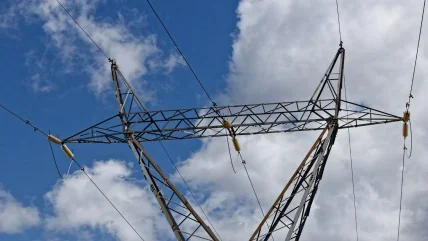
Aypa Power, a portfolio company of Blackstone, has secured a $190m funding package for its 200MW/400MWh Bypass battery energy storage system (BESS) project in Texas, US.
Located in Fort Bend County near Houston, the BESS project is expected to bolster the region’s grid reliability and address increasing capacity demands in Texas.
The financing comprises a $68m construction-to-term loan and a $91m tax equity bridge loan (TEBL), amounting to $159m for construction funding.
In addition, $31m in letters of credit has been issued, of which $26m is allocated to project-specific needs. Morgan Stanley Renewables has committed $94m in tax equity financing under a hybrid partnership flip structure.
The funding for the Bypass BESS project was arranged by SMBC, acting as the administrative agent and green loan coordinator, alongside Santander as a coordinating lead arranger.
Siemens Financial Services also participated as a joint lead arranger.
Morgan Stanley renewable energy investments head Jorge Iragorri said: “We are excited to partner with Aypa Power and Blackstone on this innovative ERCOT BESS project and continue building grid infrastructure for the growing electrification needs of the US.”
The project is underpinned by a long-term offtake arrangement, ensuring a robust revenue profile.
The Bypass BESS project is expected to generate significant economic benefits for Fort Bend County. During its peak construction phase, it will create hundreds of jobs and contribute approximately $20m in tax revenue throughout its operational lifespan.
Aypa Power specialises in the development and operation of energy storage systems and hybrid renewable energy solutions.
Aypa Power finance executive vice president Bill Nguyen said: “This financing milestone highlights Aypa Power’s ability to deliver projects that set new standards in the market.
“As one of the first fully contracted energy storage projects in ERCOT, Bypass BESS demonstrates how innovative financing structures and strong partnerships can deliver critical infrastructure to meet the region’s growing power needs.”






